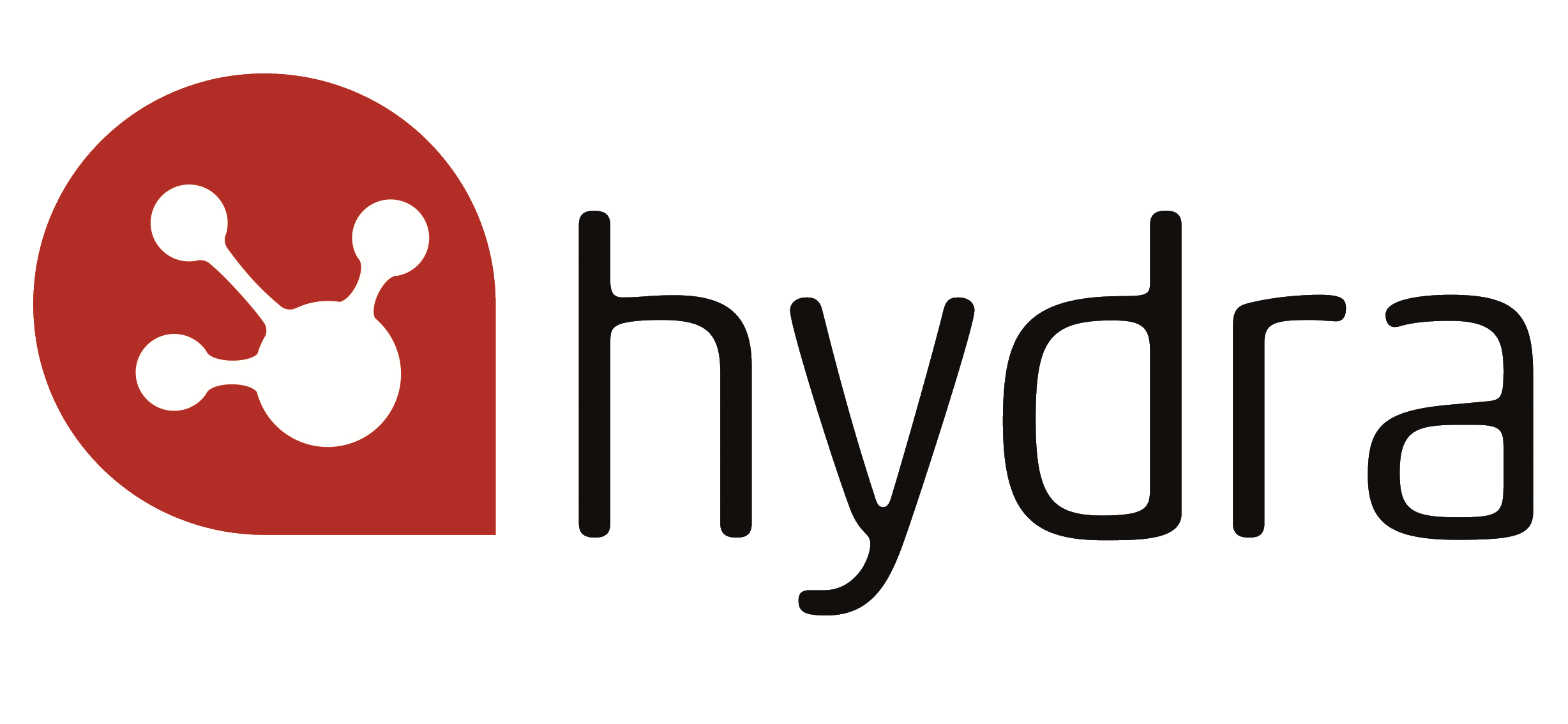What to do after a project failure
The client says, “we’re not paying". You reply “why, we implemented the software correctly, it works and we did it within budget?”. The client replies, “it doesn't meet our success criteria”.
Your project has failed. Your relationship with the client is damaged, your cash flow is impacted, your team is demotivated.
What do you do now?
Getting back on track can be difficult and here we share some ways to ensure that you can take the lessons learned and move forward to the next project positively.
The de-brief
It is important, rather than rushing headlong into your next project that you take time for a thorough and honest de-brief with both the client and your team.

Consider such questions as
- Were you and the client perfectly aligned?
- Were you working to the same plan, the same goal and most importantly the same success criteria?
- Did you and the client have the same view of the project?
- Were you both investing the time and manpower to complete the tasks and milestones you had promised?
- Were your respective project managers focusing on the risks and mitigation strategies or were they composing not conducting?
- Did the project plan accurately reflect the resources required?
- Were all resources managed effectively and efficiently or did you over-commit your resources?
- Were the timescales realistic?
- Was there a formal schedule of achievable goals and, critically, an understanding of how much time you wanted your team to allocate to any given project?
- Did you over-commit your team to produce the ‘quick’ and successful goals resulting in unsustainable targets? Once you realise you are unable to maintain these levels of work it can be difficult to go back to the client to increase the budget.
- Was the project monitored accurately?
- Was the reporting accurate?
This list is not exhaustive and for each of your projects the questions may be slightly different.
Taking the time to ask questions and understand what went wrong is valuable so that you have a true record of the lessons learned that can be taken forward positively to the next project. The documented lessons learned can then form part of your risk mitigation strategy.
In addition, if you think of each lesson learned as an ‘ingredient’ for your project ‘recipe’. Over time your recipe is perfected as you continuously improve your project delivery to ensure that your projects are delivered consistently and most importantly successfully.
To learn more about how Hydra can power up your project delivery and help you complete more projects successfully, watch our software in action. Your free demo video is just a few clicks away.


